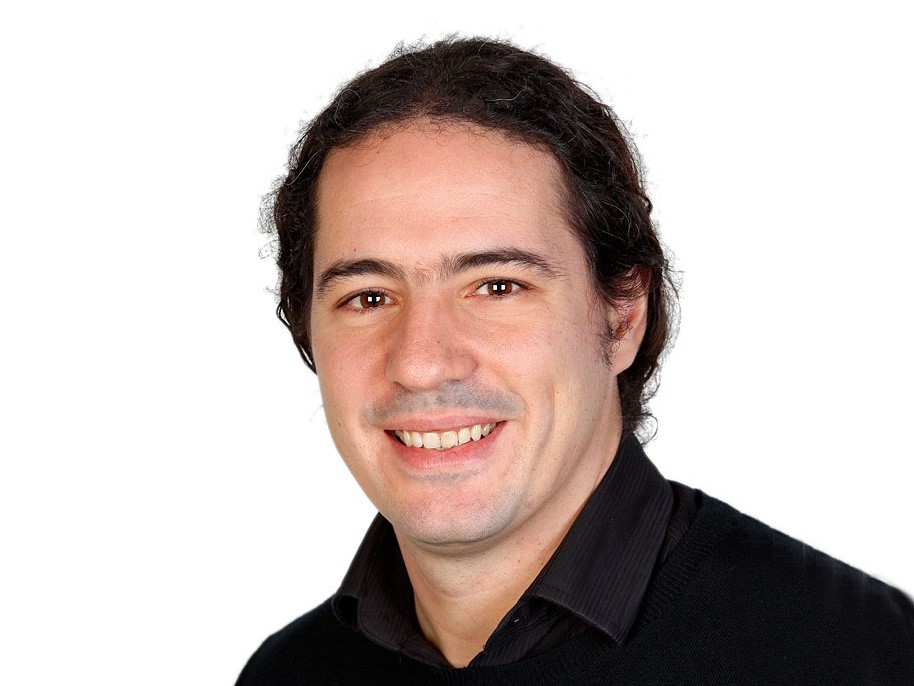Pedro Beltrao elected EMBO member
EMBO is an organization of leading researchers that promotes excellence in the life sciences in Europe and beyond. Today it announced the election of 120 researchers, one of which is Pedro Beltrao, group leader at the Institute of Molecular Systems Biology (Department of Biology, ETHZ). Through this lifelong honour, new EMBO Members and Associate Members are recognized for their outstanding achievements in the life sciences.

Understanding how genetic variation shapes traits is essential for studying human disease and evolution. DNA differences play a crucial role in making each individual unique and contributing to the diversity of life on Earth. However, the way changes in DNA translate into different characteristics and disease susceptibilities remains largely unknown.
The goal of the Beltrao lab is to develop comprehensive models that explain how changes in DNA lead to differences in biomolecules and their interactions, ultimately resulting in varied traits and diseases. By unraveling these complex mechanisms, we hope to gain deeper insights into the biological processes that define health and diversity, paving the way for advancements in medicine and a greater understanding of life itself.
Link to the website of the Beltrao lab.
About EMBO
EMBO is an organization of more than 2,000 leading researchers that promotes excellence in the life sciences in Europe and beyond. The goals of the organization are to support talented researchers at all stages of their careers, stimulate the exchange of scientific information, and help build a research environment where scientists can achieve their best work.
EMBO helps young scientists to advance their research, promote their international visibility and ensure their mobility. Courses, workshops, conferences, and scientific journals disseminate the latest research and offer training in techniques to maintain high standards of excellence in research practice. EMBO helps to shape science and research policy by seeking input and feedback from our community and by following closely the trends in science in Europe.
For more information: external page www.embo.org